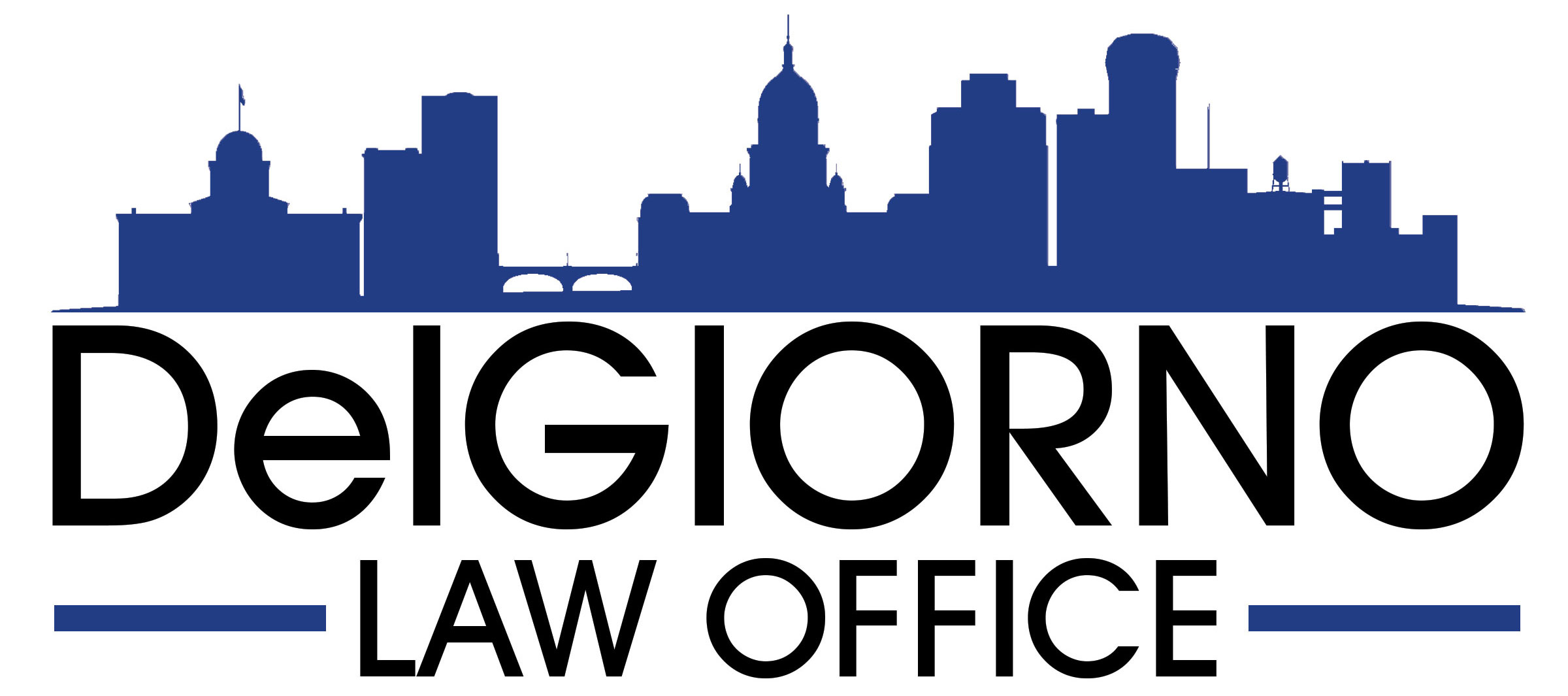We’ve seen the news. Illinois owes around $15 billion in unpaid bills. Well, slow walking Medicaid applications that can cost the state thousands of dollars per nursing home resident every month has been stopped. On October 6, 2017, a federal district court granted Medicaid applicants and providers (generally nursing homes) a preliminary injunction in their lawsuit claiming that Illinois is violating timeliness requirements in determining eligibility and processing payments. Doctors Nursing and Rehabilitation Center, LLC v. Norwood (U.S. Dist. Ct., N.D. Ill., Nos. 1:16-cv-9837, 1:16-cv-9842, 1:16-cv-9922, 1:16-cv-10255, 1:16-cv-10614, 1:17-cv-104, 1:17-cv-640, 1:17-cv-1750, Sept. 1, 2017).
A group of long-term care residents and their health care providers sued Illinois, claiming the state did not process Medicaid applications or provide Medicaid benefits with reasonable promptness in accordance with the Medicaid law and federal regulations. One group of Medicaid applicants claimed that the state is violating federal timeliness regulations by taking longer than 90 days to determine eligibility for benefits and another group of applicants who received approval for benefits claimed that the state is taking longer than 12 months to process and furnish payment for Medicaid benefits.
The state filed a motion to dismiss, which the court rejected. The residents and providers then filed a motion for a preliminary injunction. The state argued that the residents were not harmed and that asking for quicker processing of claims is the same as asking for retroactive payments, which are barred.
The U.S. District Court, Northern District of Illinois, granted the preliminary injunction, ruling that the residents and providers have a likelihood of success on the merits. The court held that because the Medicaid applicants “have waited, in many cases, far more time than is permitted by the Medicaid regulations to receive the Medicaid determinations and benefits to which they claim to be entitled, they have at least some likelihood of showing that” the state violated federal law. In addition, the court rules that the Medicaid applicants asking for faster processing are clearly seeking prospective relief — i.e., that the state comply with timeliness requirements in the future. The court also holds that even though none of the residents are currently being evicted from the nursing home, they demonstrated potential harm by submitting evidence that the nursing home may evict them soon if payment is not received.
Medicaid application and appeal processes can be difficult for the lay person. When you are faced with the prospects of long-term care for yourself or a family member, you should consult with a knowledgeable elder law attorney who can advise you on the ins and outs of the Medicaid planning, applications, and appeals. Only having an advocate in your corner will ensure that your rights are adequately protected.
* Tony DelGiorno is an elder law attorney with the firm of Rammelkamp Bradney, P.C. You can learn more by visiting their website at www.elderlawspringfield.com or by calling 217-522-6000.

Recent Comments